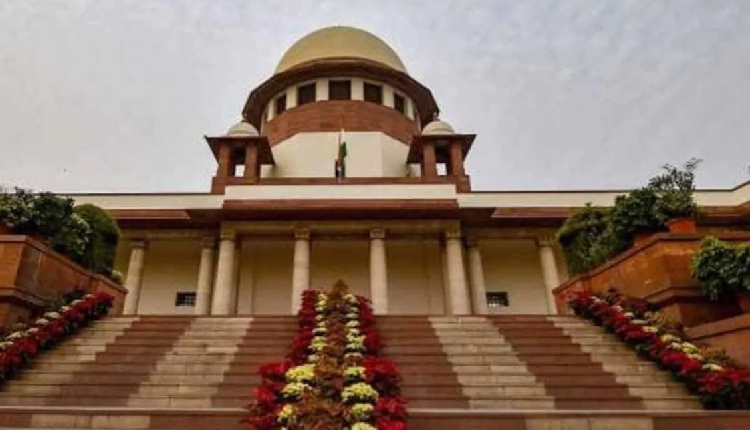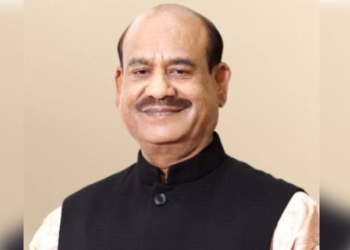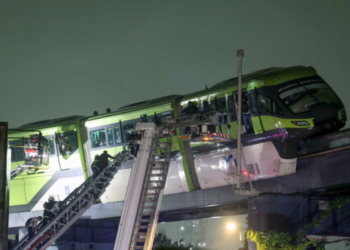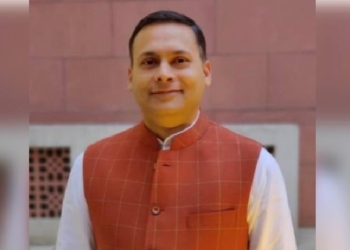New Delhi: The Supreme Court has said if there is an inordinate delay in not deciding the mercy petition, the object and purpose of the death sentence would be frustrated, and asked states/appropriate authorities to decide mercy petitions at the earliest.
A bench comprising Justices M.R. Shah and C.T. Ravikumar noted that it is true that the gravity of the offence can be a relevant consideration while commuting the death sentence to life imprisonment, however, inordinate delay in disposal of the mercy petitions can also be said to be a relevant consideration while commuting the death sentence to life imprisonment.
“If even after the final conclusion, even up to this court, even thereafter there is an inordinate delay in not deciding the mercy petition, the object and purpose of the death sentence would be frustrated. Therefore…all efforts shall be made by the state government and/or the concerned authorities to see that the mercy petitions are decided and disposed of at the earliest, so that even the accused can also know his fate and even justice is also done to the victim,” said the bench.
The bench noted that in Jagdish Vs. State of Madhya Pradesh (2020), this court directed to commute the death sentence to life imprisonment taking into consideration the delay in disposal of the mercy petition of above five years, and also cited other decisions commuting the death sentence to life imprisonment on the ground of delay in disposal of the mercy petition.
The top court order came on a petition filed by Maharashtra government against the Bombay High Court order to commute to life sentence the capital punishment handed down to one Renuka and her sister, who had kidnapped 13 children and killed nine of them in Kolhapur district between 1990-1996.
The top court noted it appears that the high court has commuted the death sentence to life imprisonment on the ground that there was an inordinate unexplained delay on the part of the state/governor of the state in not deciding the mercy petition(s) preferred by the accused which, as such, were kept pending for about 7 years and 10 months.
Additional Solicitor General Aishwarya Bhati, representing the Centre, along with Maharashtra government counsel submitted that looking at the seriousness and gravity of the offence committed by the accused, namely nine persons were killed, the high court ought to have passed an order to commute the death sentence to life imprisonment for natural life without any remission. “If such an order would have been passed, it would be in the fitness of things and may give solace to the victims”, argued the counsel.
Modifying the high court order, the top court said: “The impugned judgment and order passed by the high court commuting the death sentence to life imprisonment is hereby modified and it is directed that the accused to undergo life imprisonment for natural life and without any remission.”
The top court stressed, “We observe and direct all the states/appropriate authorities before whom the mercy petitions are to be filed and/or who are required to decide the mercy petitions against the death sentence, such mercy petitions are decided at the earliest so that the benefit of delay in not deciding the mercy petitions is not accrued to the accused.” It further added that the accused should not get the benefit of such an inordinate delay and the accused may not take the disadvantage of such inordinate delay.
The top court directed the registry to communicate the order to all chief secretaries of all the states and union territories.
(IANS)

















